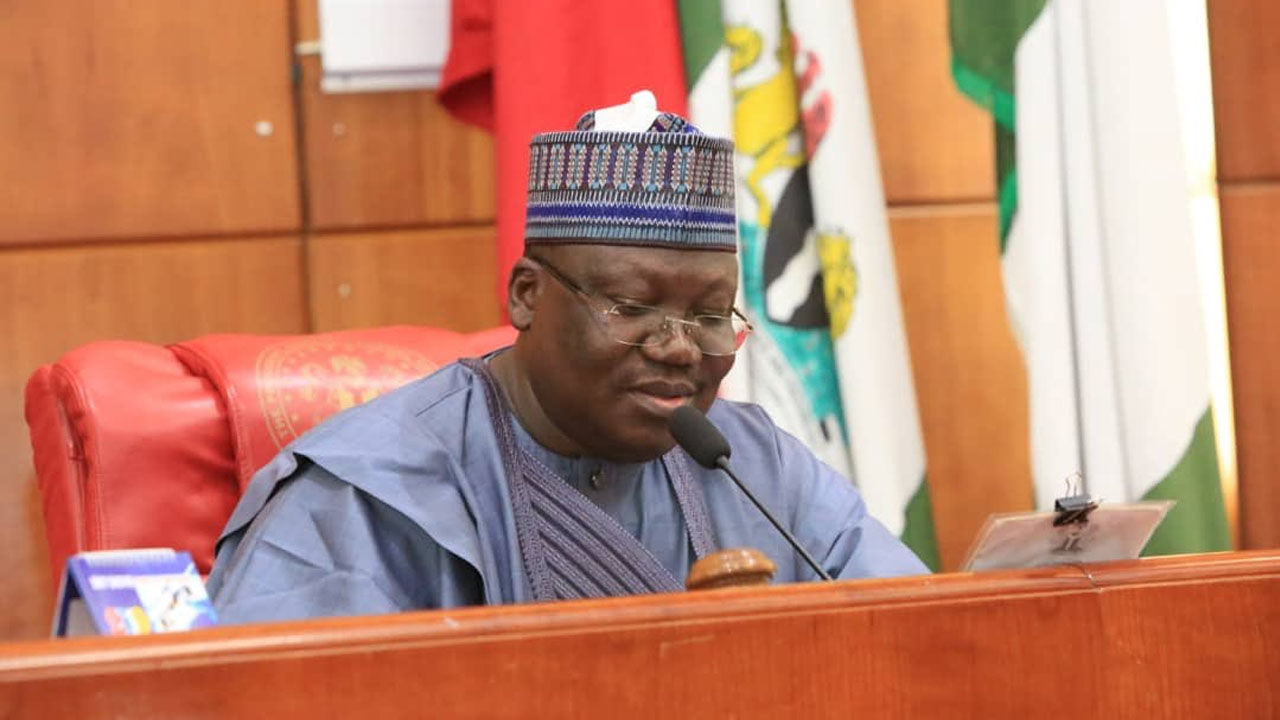 There is anxiety in Kano as Justice Simon Amobeda of the Federal High Court prepares to deliver judgment on the local government elections billed for next Saturday.
There is anxiety in Kano as Justice Simon Amobeda of the Federal High Court prepares to deliver judgment on the local government elections billed for next Saturday.
Although the Kano State Independent Electoral Commission (KANSIEC) had vowed readiness for the exercise, its conduct, however, would depend on the court verdict.
Faced with several litigations, bordering on credibility tests, cost of nomination forms, and legitimacy to impose charges, among others, the task before Justice Amobeda is determining the jurisdiction of the court in the matter and validating the constitutional provision of KANSIEC amid counter-arguments.
The opposition parties are alleging that the electoral commissioners were card-carrying members of the ruling New Nigeria Peoples Party (NNPP), and so would not be fair to the process.
They equally claimed that since KANSIEC is not a revenue-generating agency, the cost of nomination was not necessary.
Already, the stake dangling around the uncertainty is the October ending deadline issued to states by the Federal Government for the conduct of council polls.
The ultimatum complied with the Supreme Court judgment that validated financial autonomy to the third tier of government and or, directed the release of monthly allocation to only councils with duly elected chairmen and councillors.
Also critical is the litigation’s intention when none of the opposition candidates purchased nomination forms due to their alleged high cost.
The electoral process first stirred controversy when KANSIEC Chairman, Prof Sani Lawan Malumfashi, mandated drug and psychiatric evaluation of candidates seeking to contest chairmanship and councillorship positions.
According to him, the mental health evaluation remains a critical criterion upon which aspirants would be screened and cleared to contest.
Malumfashi held that it is only ideal to elect a mentally balanced personality to occupy a leadership position for prudent management of human and material resources.
Low and behold, 20 aspirants on the platform of NNPP reportedly tested positive for drug use.
National Drug Law Enforcement Agency (NDLEA) Commander, Kano Command, Abubakar Ahmad, confirmed to journalists that the aspirants, all from the ruling party, tested positive for substances, including opioids (codeine), THC (the active ingredient in cannabis), benzodiazepines, and nicotine.
However, State NNPP Chairman, Hashimu Dungurawa, faulted the result, insisting that the party was peopled by persons with sound moral character.
Besides, the NNPP that volunteered to subject its aspirants to the drug evaluation, All Progressives Congress (APC) and Peoples Redemption Party (PRP) rejected the move, accusing KANSIEC of deliberately conceiving the idea to sabotage opposition parties.
Before the dust settled on drug tests, the cost of nomination forms for candidates announced by KANSIEC triggered another uproar.
KANSIEC fixed mandatory levies of N10 million and N5 million for chairmanship and councillorship forms.
Dissatisfied with the cost, five opposition approached the court to stop KANSIEC from conducting the election.
Although the Federal High Court, Abuja Division restrained the electoral umpire from compelling parties to pay the amount, KANSIEC, however, slashed the cost to N9 million and N4 million for chairman and councillor seats.
Yet, the opposition parties considered the slash as a tactical disobedience of court order.






